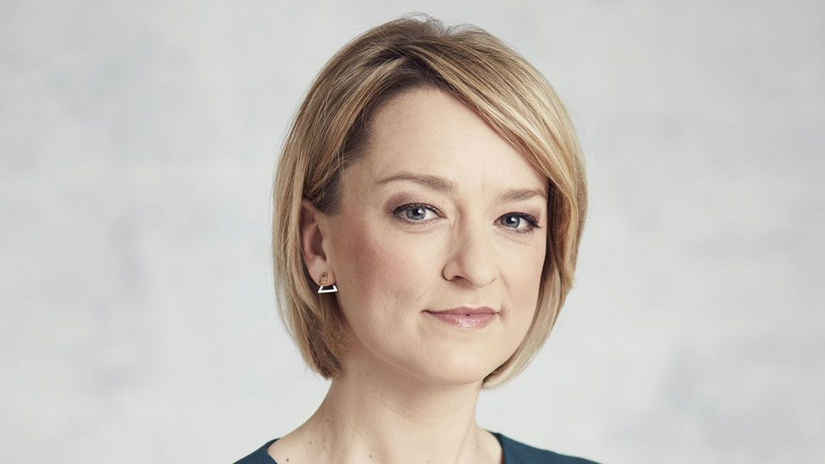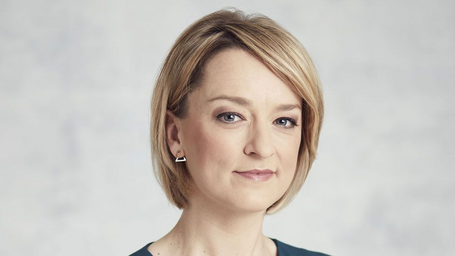The news of Laura Kuenssberg’s departure from her high standing position as the BBC’s political editor has thrown a wave of uncertainty into the world of journalism, as the British public not only come to terms with the change but also speculate who might be tipped to be her replacement. This is not the first time Kuenssberg has made headlines – her political career has been full of front page worthy moments. In this time of her departure, it has provided an important moment to look back and reflect across her journalistic career.
Kuenssberg began covering politics back in 2003, as a political correspondent for the Daily Politics Show and the Today programme. Arguably however, it was the 2010 general election and the following coalition agreements that projected Laura Kuenssberg’s political voice into the public sphere. Appointed chief political correspondent for BBC News, it was a time of such great political uncertainty that she became the voice that provided the British public with much needed information, making her presence incredibly well known. So much so, that fellow political journalist David Aaronovitch coined the term ‘Kuenssbergovision’, to illustrate the true dominance of her coverage on the small screen.
Her political journalist career has been full of successes – the largest and most prominent of course being appointed the BBC’s political editor in 2015. What makes this achievement more incredible is the fact that Kuenssberg was the first woman to ever be awarded this position, with the BBC’s director-general at the time Tony Hall stating, ‘her knowledge of Westminster politics is second to none, but she also has a real flair for asking the questions the audience want answering’. During her tenure as political editor, she certainly did not face a shortage of important political affairs – two general elections, three presidents, Brexit and a global pandemic is more than enough to report on. This is followed by an award from the Regional Television Society, for her work as a Home Affairs correspondent, and broadcaster of the year in 2016 at the Political Studies Association. This was in recognition of her contribution to the public’s understanding of politics, especially surrounding the EU referendum in June of that year, and its subsequent developments.
However, like most careers based in politics, Laura Kuenssberg’s career has not been short of controversies. As part of her position as a journalist and as part of the BBC, she has a duty to remain impartial, and a lot of criticism surrounding Kuenssberg has stemmed from accusations of bias across the political sphere. One of the most extreme examples of criticism Kuenssberg received was during the 2016 general election, where many Labour supporters believed her coverage of the election was biased against the Labour candidate Jeremy Corbyn. So strong was the criticism of many left-wing supporters, that a petition was started on the platform 38 Degrees calling for her removal. The petition was eventually taken down by the executive director of the website David Babbs, as he believed it became a focal point for sexist and hateful abuse directed towards Kuenssberg. This highlights the tenuous position held by political journalists, displaying the necessity to remain unbiased in a political sphere that is so polarised.
Laura Kuenssberg’s departure from the BBC leaves a vacancy in one of the most powerful positions in British journalism, and one that holds great influence in the world of politics. Not only does this create uncertainty in the future of political journalism, but it comes at a great time of ambiguity for the government. This is due to the ongoing negotiation of the licensing fee with the BBC, whilst still trying to shape the news agenda for the foreseeable future. Whilst Laura Kuenssberg’s announcement has allowed us all to reflect and congratulate her for the impactful career she has had so far in journalism, the ambivalence left behind is sure to make the public curious as to who the next face of British political journalism will be.


